With batteries, you can store and transport energy easily. However, during storage, some of that stored energy may ‘escape’ from the battery. How can you prevent such battery ‘self-discharge’? Read on to find out.
Batteries generate electricity due to a chemical reaction inside the cell. Ideally, this happens when it is connected to a device that needs power. However, the reaction could also happen at a smaller scale, when the battery's electrodes are not connected. That means that the battery's charge gradually reduces over time. This phenomenon is called self-discharge.
Batter self-discharge cannot be completely avoided. However, it greatly depends on the battery type and its contents. Regular Godson batteries retain up to 70% of their energy after 10 years. That way, you can store your batteries without too much worry.
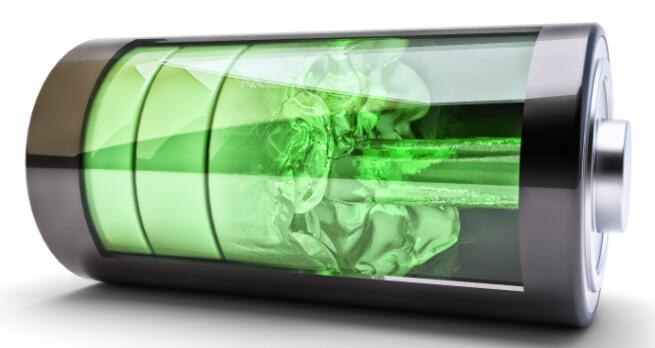
As with many chemical reactions, the rate and intensity at which it happens is influenced by the environment. Colder temperatures are generally better, since the cold slows down the chemical reaction, thereby reducing any unwanted battery self-discharge. So the most logical thing to do may seem to put the batteries in your refrigerator, right? On the contrary: you should avoid storing batteries in your refrigerator at all times. The moist air inside refrigerators induces discharge too. Especially when you take your batteries out, condensation could damage them - making them no longer fit to use.
The best thing to do is to store your batteries in cool but dry areas, preferable between 10 and 25°C. For other tips related to storage, read the following contents. A few simple measures will keep unwanted battery self-discharge to a minimum. If you’re not sure about the batteries’ energy lev-el, you can always recharge them. That way, you’re sure your batteries are up for the task - and you can get the most out of your batteries day in day out.
When you buy (rechargeable) batteries, it's mostly with the intention to use them as long as possible. Battery storage and battery care is therefore essential to extend the lifetime of the batteries. But where do you need to store your (rechargeable) batteries when you're not using them?
The types of batteries are important when you are storing batteries. Make sure you separate them by age and make them. Batteries from different manufacturers can cause damage, start leaking or can react with each other.
If you buy new (rechargeable) batteries, but you're not immediately using them, keep them in the original packaging. This prevents the batteries come into contact with other metals. Do not store your batteries in metal containers, use a battery box or a plastic one. Avoid coins or other metals in the same box. If you can't guarantee the positive terminals won't be in contact with the negative ones, then use tape or plastic caps to cover the terminals. If batteries come in contact with metals, they can start conducting electricity.
Always check the charging level before the battery storage. Use separate containers to keep new and used batteries apart. The Nickel-based batteries can be stored at any state of charge. The Lithium-Ion ones must be stored at 30-50% maximum charge for the best results. But it's better to store them when they are fully charged when you're not going to recharge in a few months.
When storing your batteries, keep in mind the temperature can't be extreme. The recommendation says batteries need to be stored around 15°C. Keep your batteries away from the sun and choose any cool and dry room for the storage. A battery loses charge capacity when temperatures are extreme. Keep in mind that batteries self-discharge when they're in storage. But Godson rechargeable batteries keep 70% of their capacity even after 10 years of storage.
Too high humidity is bad for the storage of batteries. A vapor-proof container is an option to keep them away from a high humidity environment. The perfect humidity is 35% to 65%. Never put your batteries in the freezer unless it's recommended by the manufacturer. The condensation in the fridge can cause damage inside the battery. Keep these factors in mind next time you start with battery storage.

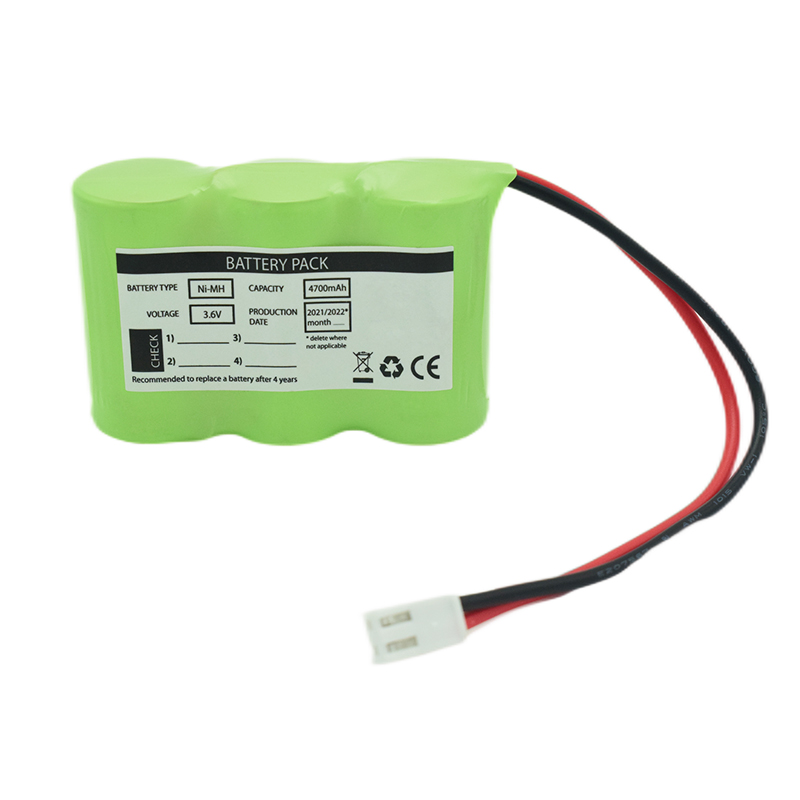 Ni-MH Battery C4700mAh 3.6V
Ni-MH Battery C4700mAh 3.6V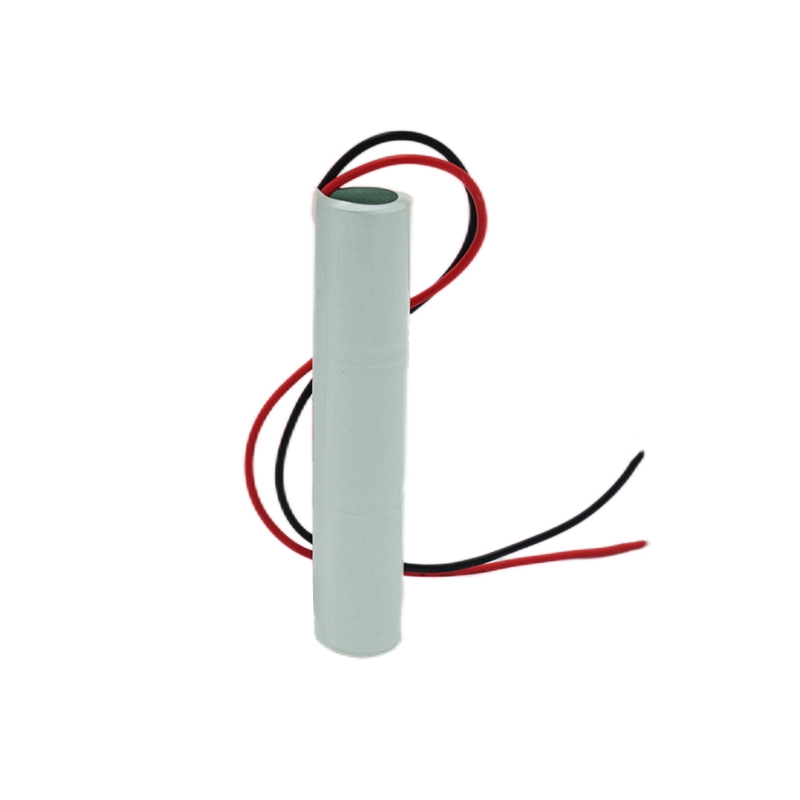 Nickel Cadmium Nicd Battery Pack SC1800mAh 3.6V
Nickel Cadmium Nicd Battery Pack SC1800mAh 3.6V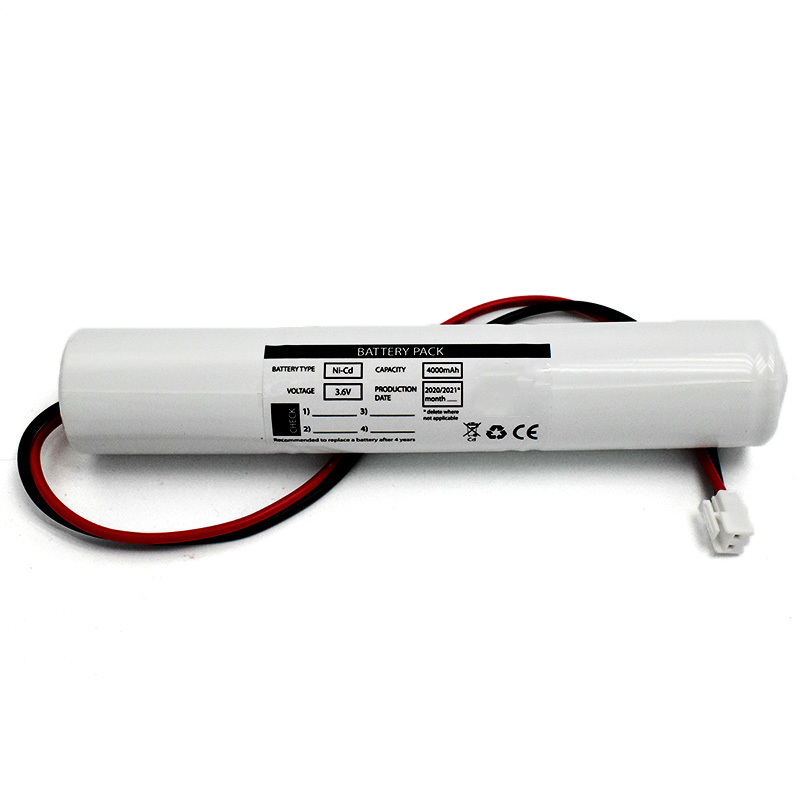 Ni-Cd Battery Pack D4000mAh 3.6V
Ni-Cd Battery Pack D4000mAh 3.6V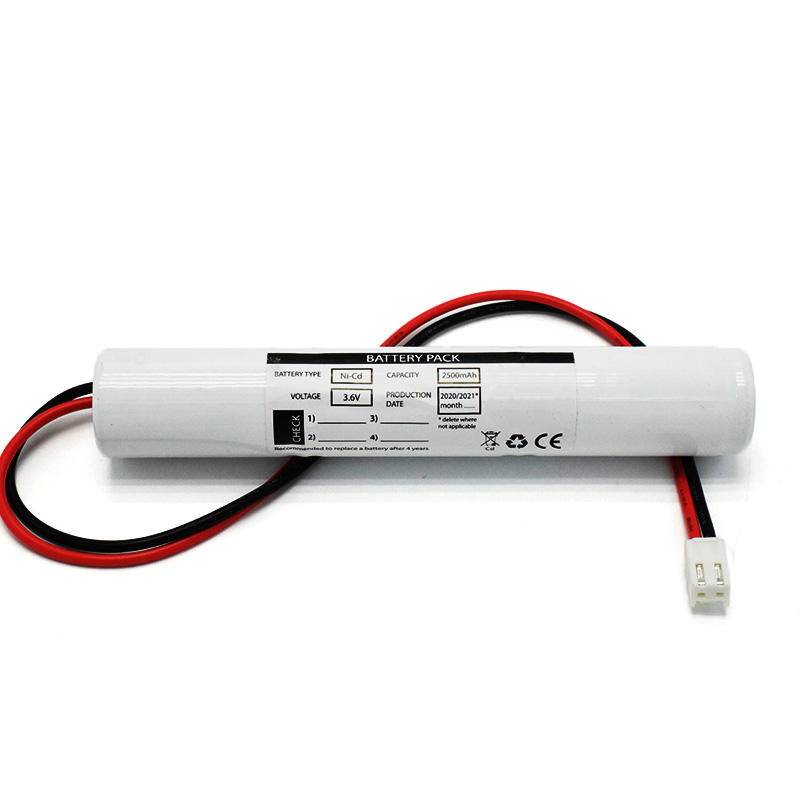 Ni-Cd Battery Pack C2500mAh 3.6V
Ni-Cd Battery Pack C2500mAh 3.6V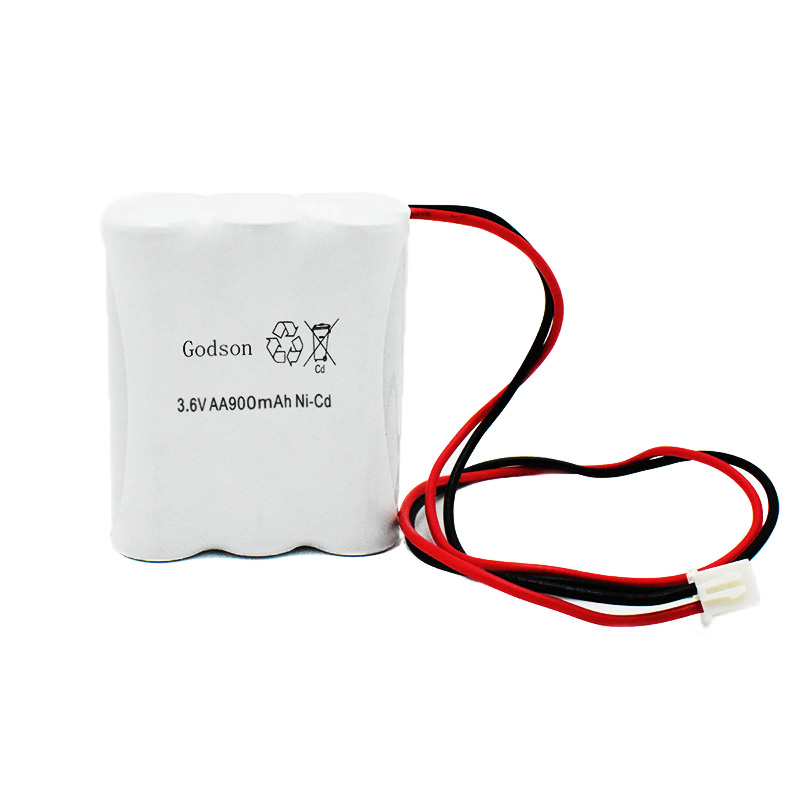 NICAD Battery Pack AA900mAh 3.6V
NICAD Battery Pack AA900mAh 3.6V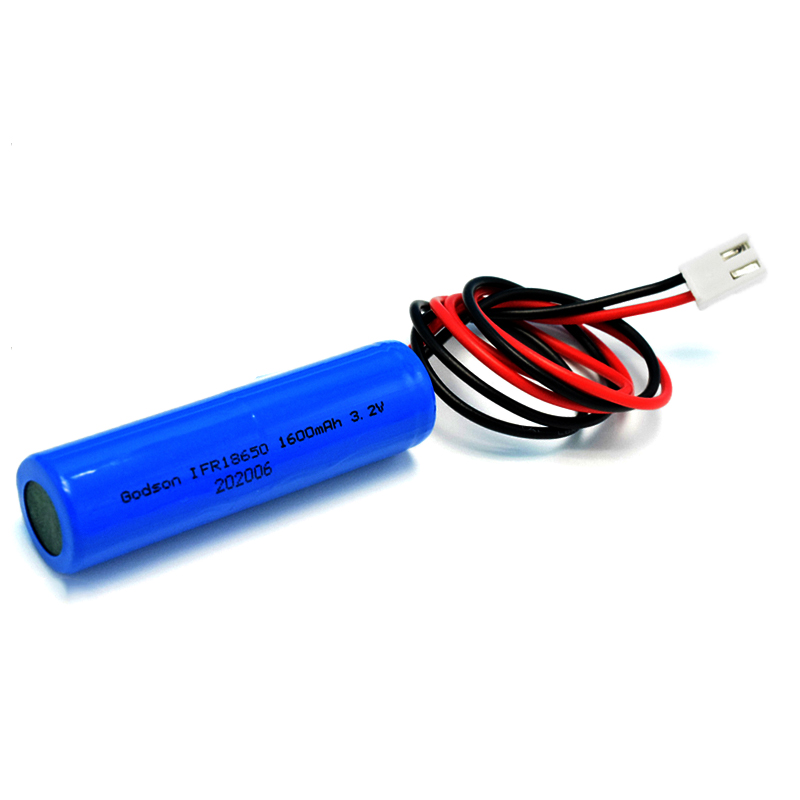 LiFePO4 IFR18650 1600mAh 3.2V
LiFePO4 IFR18650 1600mAh 3.2V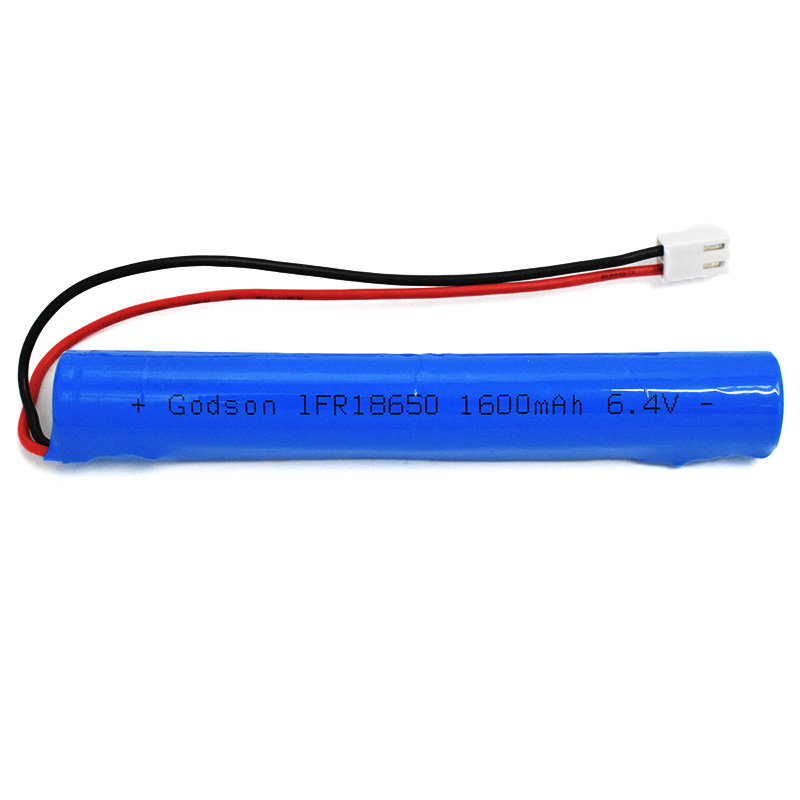 LiFePO4 IFR18650 1600mAh 6.4V
LiFePO4 IFR18650 1600mAh 6.4V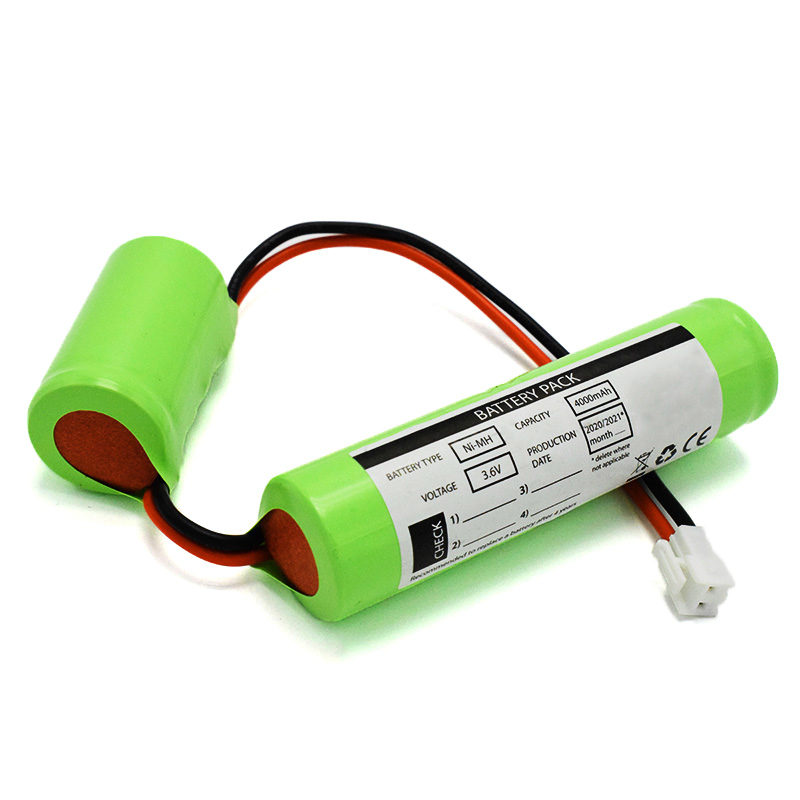 Ni-MH Battery C4000mAh 3.6V
Ni-MH Battery C4000mAh 3.6V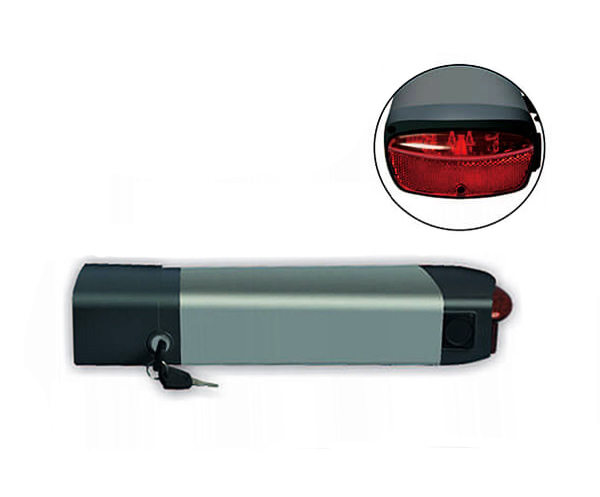 E-bike Battery 48V 10Ah JL-1
E-bike Battery 48V 10Ah JL-1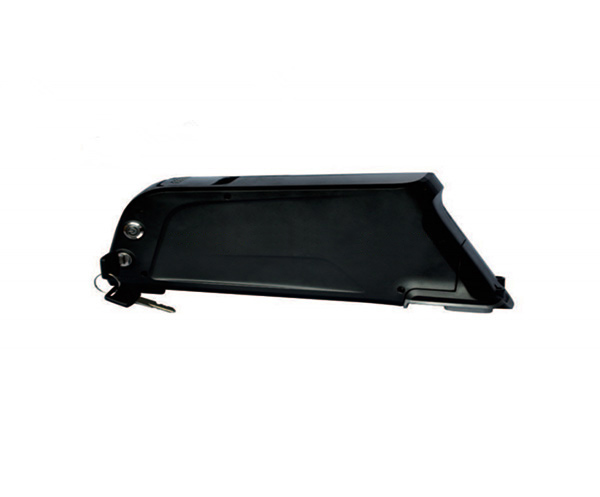 E-bike battery 48V 10Ah Qing Tian
E-bike battery 48V 10Ah Qing Tian